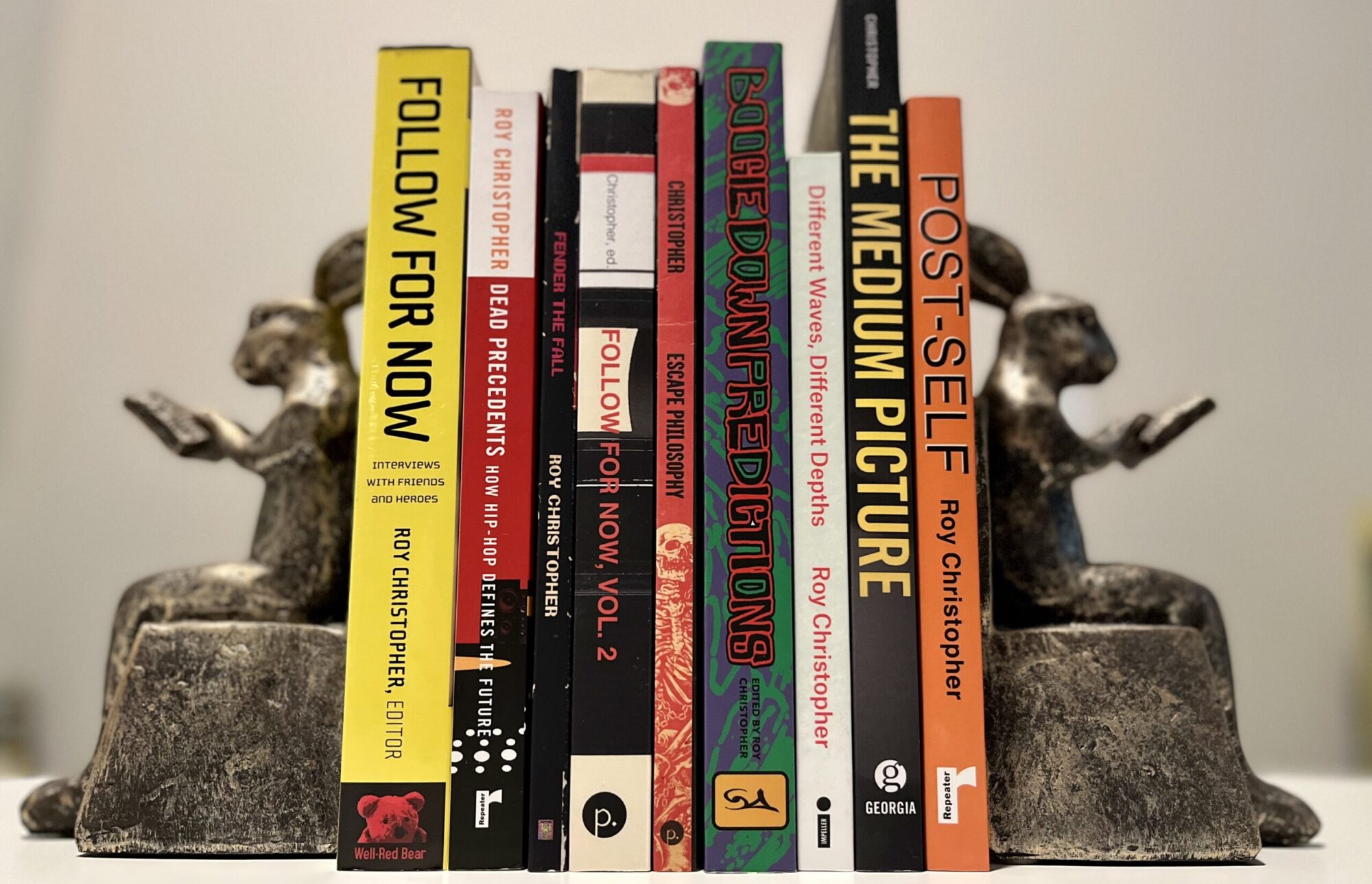With the widespread adoption of formalized social networks (e.g., Facebook, MySpace, LinkedIn, etc.), there is a need to assess our sense of identity — intentionally and unintentionally — revealed in these public profiles. You might not be your khakis, but to some people you are.
In the fifties, Joseph Luft and Harry Ingham put together the Johari Window to illustrate aspects of our knowledge of self. In their model, these aspects fall into four categories: the arena (Public Self), the façade (Hidden Self), blind spots, and unknown (Unconscious Self).

Your public self is the one you consciously put on display for others. The blind spots are the parts of yourself that, unbeknownst to you, you reveal to others. Your hidden self is the side of yourself you’re aware of, but that you keep from others, and your unconscious self contains things known neither to you nor others. The latter can manifest itself in situations you’ve not experienced yet, as in emergency situations (e.g., how one reacts to gunfire, an underwater equipment failure, being stuck inside a stalled elevator, etc.).
The online world gives us all myriad ways to represent ourselves. With ever-increasing connectivity, these have the potential to go awry. For instance, if a potential employer Googles your name, or checks your MySpace page. My colleague Josh Santangelo was a much-discussed example of the possibility of self-disclosure crossing lines between public and private online (openly admitting to using hallucinogens, but thinking about how that might affect his future employment only after the fact). My man Justin Kistner points out that we need to keep all of our old real-world knowledge in mind when socializing online, and another friend and colleague Dawn Foster just posted her thoughts on social media and company policies.
Though our online selves are not near as rich as our actual presence, they are still multifaceted. I’m calling the aggregate of all the things we reveal online our “Ambient Identity.” Think about the following types of information:
- Items we choose not to fill out in online profiles.
- Items we choose to fib or joke.
- Friends we have.
- Frequency on the service.
Or how about these:
- Advertising click-throughs.
- Browsing histories.
- Purchase histories.
- Bookmarks, votes, comments, etc.
I’m calling the first set and its ilk “Blind Reveals” and the second set “Unknown Cache.” Here is my proposed Johari Window for our online personae.

For everyone who knows us only online, our Public Profile is essentially who we are. We blindly reveal things about ourselves to them — and to people who also know us offline — with the choices we make in creating our online profiles: things we leave out, or lie or joke about, things we reveal that we wouldn’t necessarily have the chance to IRL, and so on. If we are judged by the company we keep, then the online friends we have, how they differ or blend with our offline friends, how we rank them, and how often we communicate with them can all be blind (or semi-blind) reveals. How often we login to check messages, leave messages, and connect with our online (and offline) friends also says something about us.
There is also an unknown self online, a cache of information often collected without our knowledge, often for marketing purposes — and not necessarily bad ones (Think of the recommendation services of sites like Amazon or Netflix). Whether or not we click on certain ads, whether or not they lead us to purchase a product or sign up for a service or whatever their intended goal. Purchasing, rating, voting, bookmarking, and commenting histories are also telling, often without our our knowledge or without our thinking about them. These sets of data make up the Unknown Cache. You might not be the contents your wallet (or your PayPal account), but to some people you are.
Though we often speak volumes without realizing it or meaning to, online social networking has added a whole new dimension of possibilities for confusion, mixed messages, or unintended self-disclosure. Manage your Ambient Identity as you do your offline identity: Be careful out there.

